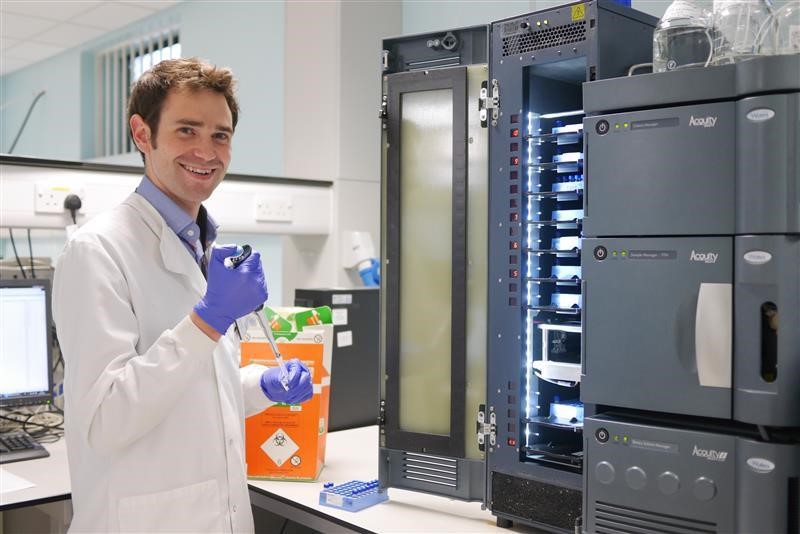People with an underactive thyroid are being sought by a Black Country scientist who is leading a research study to try to improve patients’ and Doctors’ experiences of monitoring the condition.
James Pethick is a Principal Clinical Scientist with Black Country Pathology Services (BCPS) which comprises the four pathology laboratories from Walsall Healthcare NHS Trust, The Royal Wolverhampton NHS Trust, The Dudley Group NHS Foundation Trust and Sandwell and West Birmingham NHS Trust (SWBH).
He is Principal Investigator on the study: “What are patients’ and Doctors’ perceptions of self-management of primary hypothyroidism and the barriers and facilitators to different types of self-management.”
Primary hypothyroidism affects around four per cent of people in the UK and is more common in women than men. It means patients have an underactive thyroid gland, the small gland found in the neck, which does not produce enough hormones; this can slow many organs in the body.
Symptoms include tiredness, weight gain, depression and loss of appetite and there are several causes including autoimmune disease and mineral deficiency. It can also be hereditary or sparked by a viral illness.
James, who is based at City Hospital with SWBH, is working with the University of Manchester as part of his professional doctorate qualification on the study, which aims to recruit up to 50 participants.
He said: “The study is aimed at people who have had hypothyroidism for at least two years which is treated with levothyroxine, or other thyroid hormone replacement medication.
“It will focus on people’s experience of monitoring their condition and the clinical team here at BCPS would like to know more about this, as well as hear from Doctors in primary care. Research is vital to help us find out what patients want and whether we can work in partnership, with medical experts, to provide this.
“This is my first study, and I am also working with relevant organisations to help us collectively gain a better understanding of what it is like to live with this condition and where improvements may be possible.”
To find out more and register, please click this link.

